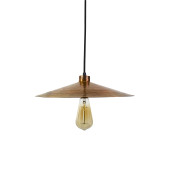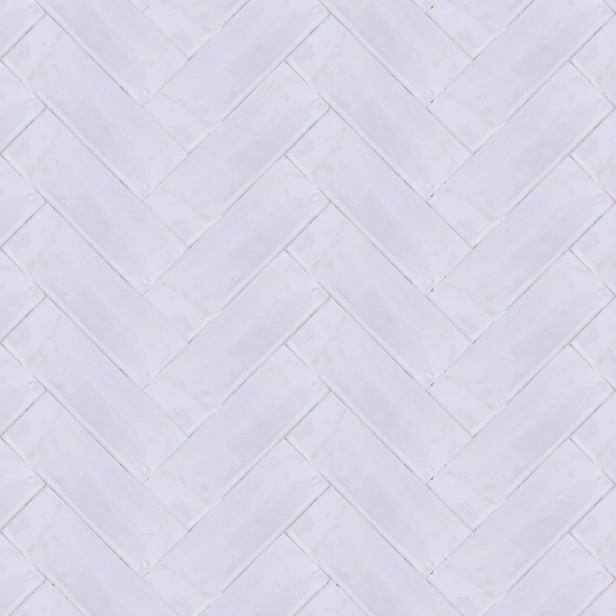Bejmat - white Moroccan tiles
Moroccan bejmat tiles are handmade and painted. The material used in their production is clay, which is then fired in traditional kilns. The tiles are resistant to staining.
- Thickness: 1,4 cm
- Size: 15x5 cm
- The product is sold per m2
- 134 tiles in 1 m2
- Both wall and floor tiles
- Can be arranged in a variety of ways such as brickwork or herringbone
- Glazed tiles
- Colours may vary slightly
Bejmat tiles are traditional Moroccan tiles whose history dates back centuries. They are particularly popular in Islamic architecture and are an important part of Moroccan ceramic craftsmanship. Bejmat come from the same tradition as the world-famous zellige tiles, but differ from them in shape and laying technique. Originally used in palaces, mosques and the homes of wealthy merchants, they are now widely used in modern interior design. The tiles usually come in 15x5 cm format and have a matt or slightly glossy surface. Thanks to their durability and aesthetics, they work well in a variety of spaces: kitchen, bathroom, hallway, living room. The tiles also look phenomenal in public spaces such as restaurants, hotels and boutiques.
Bejmat tiles can be laid in a variety of ways:
Bejmat tiles can be laid in a variety of ways:
- Straight (parallel) arrangement – tiles laid parallel to the walls, one next to the other.
- Brick arrangement (1/2 offset) – each subsequent line offset by half the length of the tile.
- Brick arrangement (1/3 offset) – each line offset by 1/3 of the length of the tile.
- Vertical arrangement – tiles placed vertically instead of horizontally.
- Herringbone pattern – arranged at a 45° or 90° angle, creating a herringbone effect. Basket pattern – tiles arranged in groups of two or four, resembling a basket weave.



















